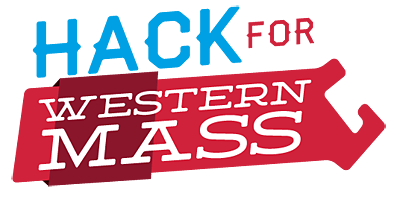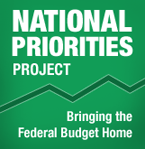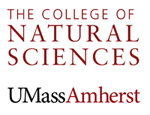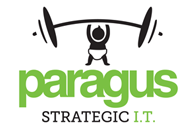The Basics
Every team needs a Development Environment and Communication Tools. Beyond that, there are many open source (or at least free) resources to help you do your work, which people on your team will already be familiar with. View our Guidance for Teams slide deck to read all recommendations.
Collaboration Tools – Sharing code & resources (Mini-Workshop: 12:30 Sat)
- File Sharing: The Hackathon manages a GitHub organization and will create repositories for your files to share the data you are bringing as well as version updates for the code you make. There are also handy issue queues! Submit a ticket to be added to our organization and visit our GitHub Help page.
- Instant Messaging: We will be distributed among small rooms with doors, so it will be very difficult to connect with each other without some online IRC-like tool. IRC is a little tricky to use for new people, so we will be using Slack. You should have received an invitation to our account; if not, visit the volunteers table or find Cristos, one of our organizers. Here are the shared Slack channels to use and watch:
- We-need-help: Do you need someone with a particular skill? Guidance using a technology or tool? Technical help with your room at the Umass Center? Post it here so everyone knows!
- Free-agents: Got special skills? Willing to help out whoever NEEDS those skills? Announce them below, and teams can message you here to request help!
- General-discussion: Got a random thought, or other off-topic item to get off your chest? Post it here!
- Collaborative Documentation: Previous years’ Hackathons used HackPad, a versatile and attractive Wiki for collaborative document development. Visit our collection and last year’s collection to see how other teams developed their projects. Internally, the Organizing Committee has been using Google Apps and love it.
Development Tools – Setting up a Server with DigitalOcean (Mini-Workshop: 3:00 Sat)
- Development Server: Most projects will need some kind of development server. While teams may choose whatever they are already using, Digital Ocean is generously sponsoring us with a $15 free credit (enough to last 3 months). Instructions here – you will need a promo code sticker or card.
More Recommendations
These are from prior Hackathons, for reference — it has not been updated for this year.
Design Resources
- Agile Designers: collection of resources on design elements, templates, frameworks, icons, fonts, and many other necessary tools for making web projects
- Noun Project: open source icons
- Pattern Tap: design inspiration and user interface patterns
- ColorBrewer: planning to color a map? start here!
Open Data Sources
- Data.gov: catalog of data generated by the Federal Government.
- American FactFinder: data from the U.S. Census Bureau.
- Census Bureau APIs: API access to select Census Bureau datasets.
- National Priorities Project Data Tools: federal spending and tax resources.
- Sunlight Foundation: transparency tools, data, and APIs related to Congressional activities, political contributions, lobbying, and more.
- Sunlight Open States (MA): state-level legislative data, also available are bulk downloads, an API, and Python API client.
- Massachusetts Open Data Catalog: inventory of Massachusetts state-level data.
Developer Resources:
- D3.js: a JavaScript library for visualizing data. See D3 for mere mortals to get started.
- R: An open source statistical programming language and community.
- RStudio: A free, open source IDE for R.
- Enthought Canopy: Python data analysis and visualization distribution (Express version is free).
- Data Visualization Tools: Comprehensive catalog of tools for mapping, charting, and visualizing data.
- Flowing Data Tutorials: Step-by-step visualization guides. Many are restricted to Flowing Data members, but some are free to the public, and they are excellent.
Getting, Cleaning, and Analyzing Data
- Web Scraping for Fun and Profit: A getting-started guide to scraping websites.
- ScraperWiki: Web-based platform for building programs to extract (scrape) and analyze data from websites.
- OpenRefine: An open source power tool for cleaning up large, messy datasets.
Mapping Resources
- TileMill: An open source design studio from MapBox for making interactive, tiled maps from a variety of data sources (ESRI shapefiles, KML, GeoJSON, CSV, etc.). Integrates with OpenStreetMap.
- Azavea Cicero API: Geocodes and matches addresses to legislative districts and elected official contact information. Also includes non-legislative boundaries like school districts, counties, and watersheds. Free trial, and non-profit credits available through TechSoup.
- Fusion Table Map Template: Open source template for putting data on a searchable, filterable map. Heroku-ready version also available.
- Census 2013 Shapefiles: 2013 extracts containing geographic and cartographic information from the Census Bureau’s MAF/TIGER® (Master Address File/Topologically Integrated Geographic Encoding and Referencing) database.















